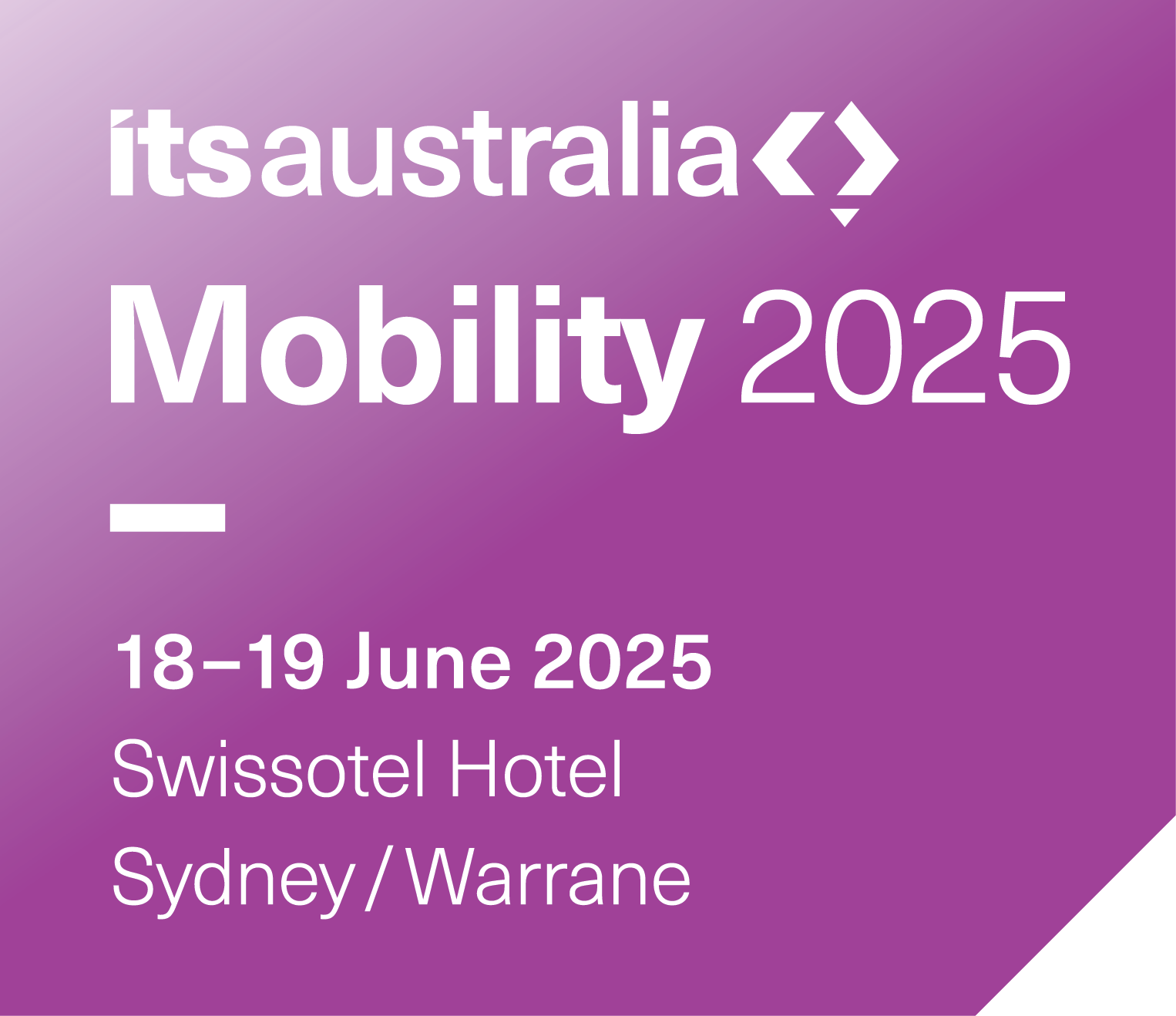30 May 2025
Mobility 2025 Outcomes and Ideas
Policy Insights from Mobility 2025
Mobility 2025 underscored the need for integrated, data-driven, and inclusive transport policy. Key learnings include prioritising Mobility as a Service (MaaS) through open data and public-private collaboration, embedding accessibility in all system designs, and accelerating account-based ticketing nationwide. Regional innovation, micromobility regulation, and AI-enabled analytics emerged as critical tools for equity and efficiency. The conference highlighted that smarter transport requires not just new technology, but agile policy, ethical data use, and strong cross-sector partnerships to support sustainable, seamless mobility for all Australians.
1. Mobility as a Service (MaaS) Must Be Enabled Through Strategic Policy and Partnership
- MaaS platforms are a central theme for improving transport accessibility, especially for the NDIS and regional users (e.g. SkedGo’s Catch-a-Ride).
- Key barriers to adoption include data silos, lack of standardised APIs, and inadequate funding models.
- Policy should support integrated ticketing and real-time data sharing between public and private providers to unlock MaaS potential, particularly before the 2032 Olympics.
2. Accessibility is Non-Negotiable in Intelligent Transport Design
- Sessions highlighted how accessibility needs—especially for people with disabilities—are often treated as optional rather than essential.
- Policy frameworks must require accessibility as a design standard for all digital tools (e.g. maps, ticketing, dashboards), not as an afterthought.
- Legislators should embed accessibility performance measures in funding criteria for infrastructure and tech upgrades.
3. Data Standardisation and Sharing are Foundational to Innovation
- From account-based ticketing (TikPay, INIT) to smart disruption management (Siemens) and pedestrian AI mapping (UNSW), consistent and interoperable data enables smarter planning.
- Policies must incentivize (or mandate) open data platforms and real-time data contributions from all operators, including micromobility and regional services.
4. Transport Equity Requires Regional Solutions, Not Just Urban Innovation
- Regional case studies (e.g. Ballarat’s e-scooter trial, Warrnambool ABT deployment) revealed high-impact outcomes when innovation reaches outside major cities.
- Governments should establish regional mobility innovation funds and trial-friendly regulatory environments to support scalable, localised pilots.
5. Integrated Fare Systems Are Key to Customer Experience and Economic Efficiency
- Multiple sessions (NEC, Hitachi Rail, TikPay, Conduent) stressed that fragmented fare systems are a barrier to seamless travel.
- Transition to account-based and open-loop ticketing should be a national priority, supported by coordinated infrastructure upgrades and a national ticketing standard.
6. AI and Real-Time Analytics Require Ethical, Scalable Policy Guardrails
- Applications of AI in walkability (UNSW), crash risk (UQ), disruption management (Siemens), and incident detection (Ghost Analytics) show promise—but also risk.
- Policy must set out privacy protections, auditing frameworks, and performance standards to guide responsible AI deployment in transport.
7. Micromobility and Active Transport Need Integrated Regulatory Models
- Presentations on e-scooters, curbside management, and remote parking showed how existing frameworks lag behind emerging needs.
- Policymakers must design regulations that support both innovation and safety—standardising data reporting, clarifying operating zones, and addressing insurance and liability frameworks.
8. Demand Management Can Support Sustainability Without Major Infrastructure Spend
- Case studies from Europe (Barcelona, Vienna, Buenos Aires) and predictive traffic modelling (Korea, Kapsch) point to behavioural nudging and digital tools as low-cost levers.
- Policy should prioritise demand management tools (e.g. congestion pricing, predictive alerts) within broader transport decarbonisation strategies.
9. Transport Planning Needs to Embrace Low-Cost, High-Impact Data Tools
- Several presentations (e.g. GTFS data for bus performance, cycling telemetry, HERE location intelligence) showed that simple, inexpensive data sources can outperform legacy models.
- Governments should enable procurement of lightweight, flexible data systems—especially in smaller councils or agencies.
10. Cross-Sector Collaboration is Essential to Delivering Mobility Outcomes
- A recurring theme was that transport transformation hinges on partnerships across tech, academia, infrastructure, and the community.
- Policy and funding programs should formalise and reward collaboration (e.g. co-designed trials, joint innovation grants, interoperable platforms).

Upcoming ITS Australia Events
ITS Australia Summit 2025
19–21 November 2025, Gold Coast, QLD
The nation’s flagship ITS event—bringing together government, academia, and industry to showcase next-generation transport tech
For more information on upcoming events: its-australia.com.au/events